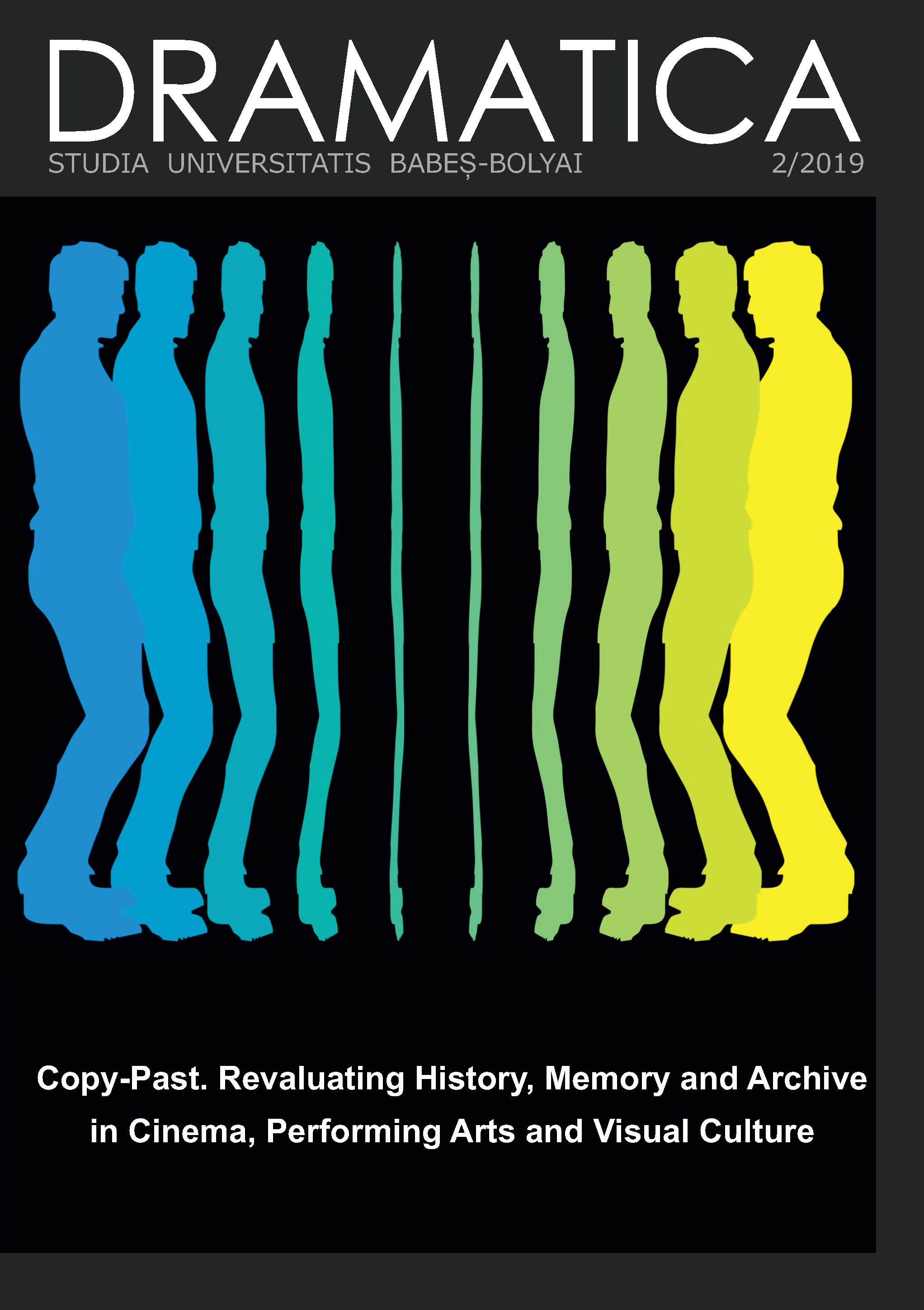For a Revaluation of Genre Theory in Contemporary Drama
DOI:
https://doi.org/10.24193/subbdrama.2019.2.11Keywords:
essay; contemporary drama; discursive genres; rhapsodic criticism.Abstract
Despite their singularities and divergences, the major dramatic theories of the twentieth century keep the classical tripartition of genres untouched. Our recent research on rhapsodic criticism has evidenced the increasingly appropriation by playwrights of elements traditionally reserved for a fourth genre, as important as epic, lyric and dramatic genres, but left aside by critical reflection because of its traditional association with “non-artistic” practices: the essayistic genre. A new theory of genres that incorporates this fourth genre into the classical triad may not only illuminate some of the main features of modern and contemporary drama, but it also allows a more accurate understanding of some of the fundamental works of Western drama.References
BERGER, Karol. A Theory of Art. Oxford: Oxford University Press, 2000.
BRECHT, Bertolt. Estudos sobre teatro. Translated by Fiama Pais Brandão. Rio de Janeiro: Nova Fronteira, 1978.
CATALÃO, Marco. “Crítica e ficção na análise do teatro contemporâneo [Criticism and fiction in the analyses of contemporary drama].” Sala Preta, Revista de Artes Cênicas 14, no. 2 (2014): 143–52.
———. “Virtual Theater: Theory and Practice.” Art Research Journal 3, no. 11 (2016): 92–106.
CHATMAN, Seymour. Coming to Terms: The Rhetoric of Narrative in Fiction and Film. Ithaca: Cornell University Press, 1990.
COMPAGNON, Antoine. “Théorie de la littérature : la notion de genre. Cours de licence, Université de Paris IV-Sorbonne.” Fabula, 2001. https://www.fabula.org/compagnon/genre.php.
GENETTE, Gérard. The Architext: An Introduction. Translated by Jane E. Lewin. Berkeley: University of California Press, 1992.
LEHMANN, Hans-Thies. Teatro pós-dramático [Postdramatic theatre]. Translated by Pedro Süssekind. São Paulo: Cosac & Naify, 2007.
SARRAZAC, Jean-Pierre. Poétique Du Drame Moderne. Paris: Seuil, 2012.
SZONDI, Peter. Teoria do drama moderno (1880-1950) [Theory of modern drama]. Translated by Luiz Sérgio Repa. São Paulo: Cosac & Naify, 2001.
Downloads
Published
How to Cite
Issue
Section
License
Copyright (c) 2019 Studia Universitatis Babeș-Bolyai Dramatica

This work is licensed under a Creative Commons Attribution-NonCommercial-NoDerivatives 4.0 International License.


